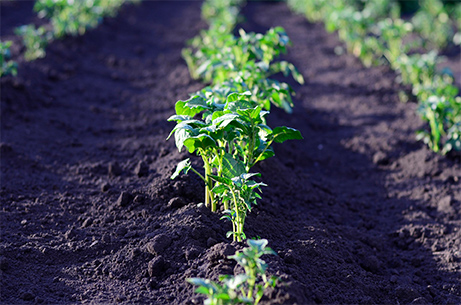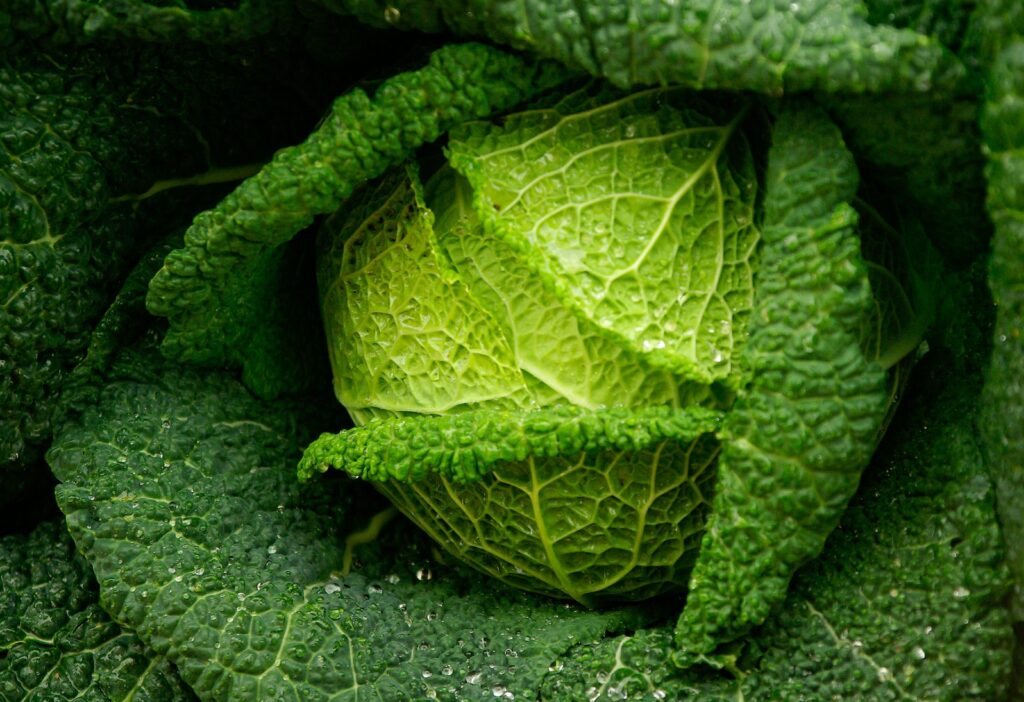





Fermentation is a metabolic process where microorganisms such as bacteria or yeast convert organic carbohydrates, such as sugars and starch, into alcohol or acids. Humans began fermenting foods as a way to preserve foods before refrigeration and global transport, but the practice has remained popular all over the world.
In fact, many foods and beverages we consume every day rely on the process of fermentation. This includes bread, wine, beer, salami, cheese, vinegar, chocolate and vanilla. While some of these items aren’t seen as healthy, other fermented products, such as yoghurt, Kombucha tea and fermented vegetables are known for their immune-boosting and digestive health benefits.
The health benefits of fermented vegetables
Kimchi, sauerkraut, and other fermented vegetables undergo lactic acid fermentation, a natural fermentation process where lactobacilli bacteria (already present in the vegetables) multiply and convert naturally occurring sugars into lactic acid. Lactobacilli bacteria is considered a good bacteria, due to the health benefits it provides when consumed. This is why fermented vegetables are considered probiotics.
Fermented sauerkraut and other fermented vegetables are renowned for their positive influence on gut health. The high levels of lactic acid present aid digestion, increase nutrient absorption and prevent intestinal bloating and gas. Regular consumption of these foods can balance the acidity of gastric juices (which become less acidic with age) and help break down meat proteins, as well as the lactose in milk and other dairy products.
Fermented vegetables are also a great natural remedy for constipation or diarrhoea and can reduce your chances of developing colitis, irritable bowel syndrome (IBS), type 1 diabetes, and metabolic diseases such as type 2 diabetes, and obesity. Some studies have even suggested that fermented vegetables may help prevent cancer.??????As well as containing probiotics, fermented vegetables are high in beneficial vitamins and minerals including vitamin K2 and B-vitamins. Fermented sauerkraut (kraut) is particularly healthy, as it contains fibre, vitamin A, vitamin C, vitamin K and B vitamins, as well as iron, calcium, sodium and magnesium.
Choosing the right fermented vegetables
It’s important to choose a product that contains live and fermented lactobacilli, as many mass-produced fermented vegetable products undergo pasteurisation for canning or bottling, which kills off these beneficial bacteria.
If you’re looking for quality fermented food, then you can trust Pro Bio. All our products are live and fermented, fresh and GMO-free. Using the highest quality products and years of food fermentation experience, we provide delicious fermented foods to people across the globe. So what are you waiting for? Try our delicious range of products and experience healthier living today.
The gut is sometimes referred to as the second brain as it has nearly as many neurons as the brain and operates nearly independently of the brain. A growing body of research has revealed that so-called ‘gut feelings’ are more than likely relative to this second brain located in the gut. Healthy gut bacteria have also been linked to lower levels of cortisol, which is known as the ‘stress hormone’ and is linked with stress and anxiety.
How varied gut bacteria can help your brain?
A more diverse range of bacteria in the gut is closely linked to the levels of tryptophan in the blood, which is a hormone that helps to produce serotonin which is known as ‘the happy chemical’. An easier way to increase the type and number of the bacteria in the gut is to eat probiotic-rich food such as fermented kraut, kimchi or other probiotics rich gut-healthy foods. You can combine these items with a healthy fibre rich diet to create a healthy and supported gut environment.
Finding the right range of bacteria
Over the last few decades, the average ‘western’ lifestyle has dramatically reduced the number of bacteria that the average person is exposed to in their day-to-day life. Even common foods that we think of as ‘fermented’ such as yoghurt, in modern times include a much smaller range of bacteria. A healthy lifestyle has had many health benefits, but in combination with the higher usage of antibiotics, has led to many people suffering a lower range in the number and types of gut bacteria. One of the best ways to boost the gut bacteria and support a healthy microbiome in the gut is by consuming probiotics and fermented foods.
The links between mental health and gut health are still being discovered and it’s likely that science will discover even more links over the coming years. If you are looking to boost your immune and gut health, it’s worth investigating how to incorporate Pro Bio products into your diet. Pro Bio has a range of naturally fermented products with lots of vitamins and ferments for your everyday health.
Sauerkraut….. It’s a classic European staple. Truly, the Europeans have known the wonders of this fermented food for centuries.
Only recently though, sauerkraut has been making its way onto cafe menus and into pantries everywhere, as we all discover the incredible health benefits the fermented veggies can bring to our gut.
But did you know these unusual Sauerkraut facts?
Sauerkraut has been around for hundreds of years so it makes sense that it’s had some pretty fascinating moments in history. Here are four facts that you probably didn’t know about sauerkraut.
1. Sauerkraut doesn’t come from Germany!
What? I know! Though the name Sauerkraut (literally, sour cabbage) does stem from German, the dish can actually be dated back to the time of Genghis Khan! Though we’re still unsure exactly how it made its way over to Europe where it gained huge popularity, we do know, that the fermented dish was first recorded in Asia, not Europe at all. Turns out kimchi and sauerkraut are cousins on the family tree after all.
2. James Cook loved it
Captain James Cook, explorer extraordinaire, knew that sauerkraut was an excellent source of vitamin C that didn’t need refrigeration and didn’t expire. He was always careful to keep some on board during his sea voyages to ward away scurvy. It also contains lots of vitamin K, potassium, calcium, fibre and phosphorus to keep your body in ship-shape condition.
3. It’s great for your eyes
You know that sauerkraut is awesome for your gut, but did you know that it’s also great for maintaining your eye health? Sauerkraut contains lutein (that’s the one that also comes in carrots) and zeaxanthin which are essential for good macula health and colour vision.
4. It was once called ‘Liberty Cabbage’
Yep, that’s right. During World War I, the Americans didn’t want to consume anything that might sound too German. Instead of taking sauerkraut off the shelf, it was re-branded as ‘Liberty Cabbage’ for the duration of the war so the American public would feel more comfortable buying it as the war raged on.
So now you know. You’re sure to ace any fermented food-themed trivia night! Now you can nourish your gut with sauerkraut, knowing it’s been tried and tested for centuries!
Fill in all the fields and our manager
will contact you soon.
Reply to review